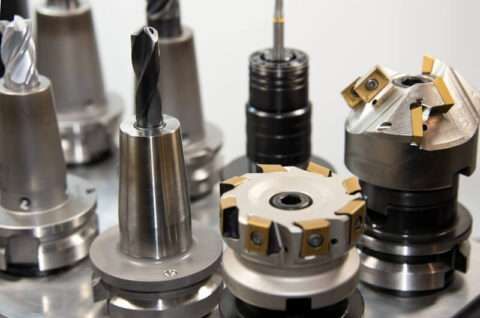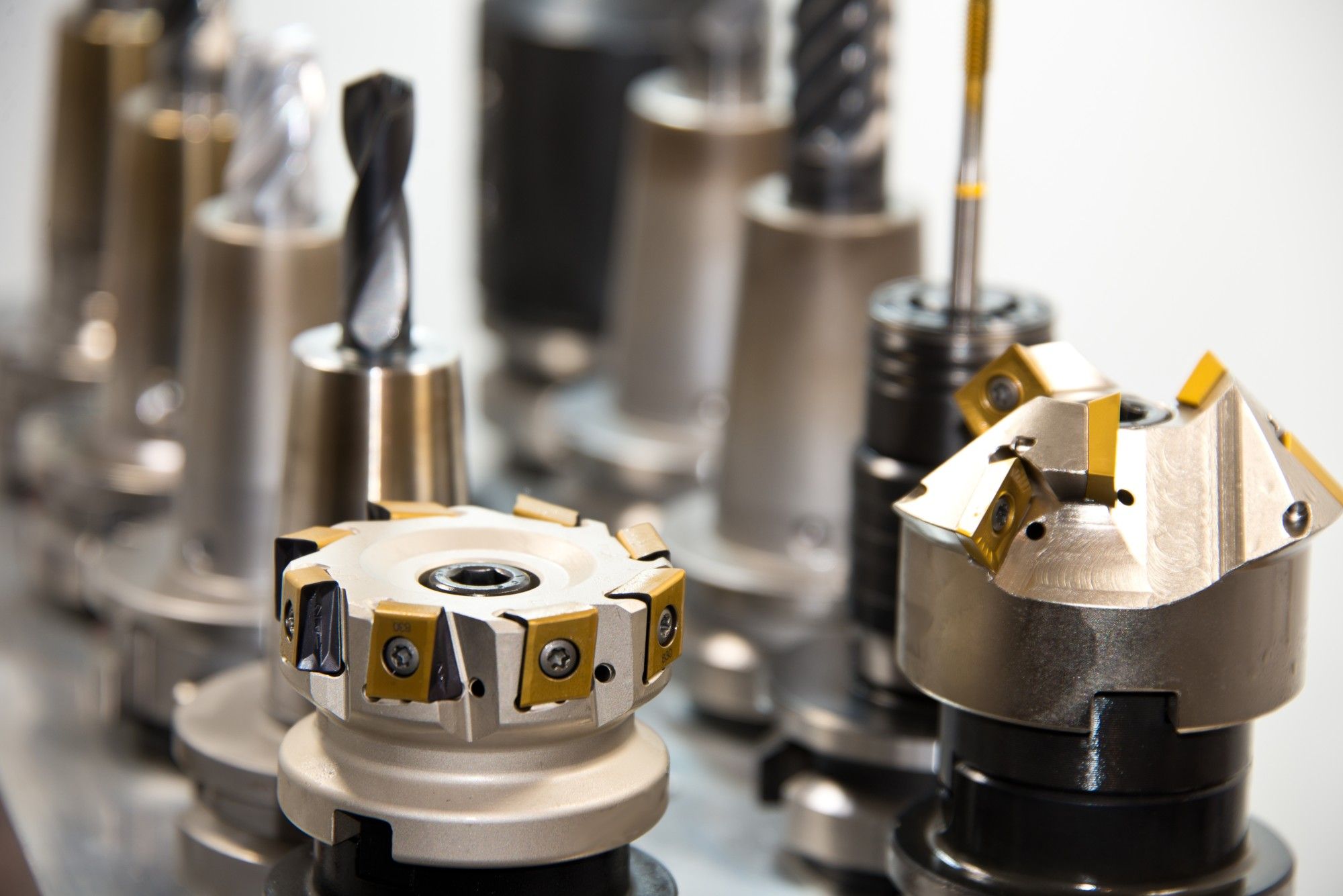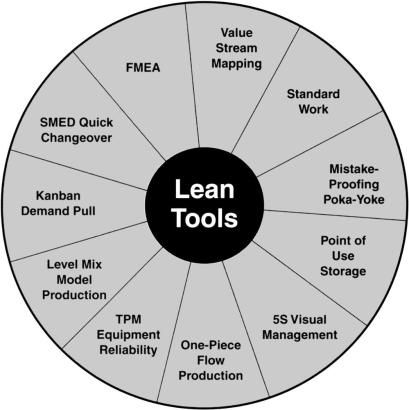
Comprehensive Manufacturing Tools for Industrial Success
- 0
In the fast-paced world of manufacturing, having the right tools at your disposal can make all the difference between success and failure. From optimizing production processes to ensuring quality control, the right manufacturing tools can streamline operations and boost efficiency. In this article, we will take a closer look at some of the most comprehensive manufacturing tools that are essential for industrial success.
1. Computer-Aided Design (CAD) Software
Computer-Aided Design (CAD) software has revolutionized the way products are designed and developed. With CAD software, engineers and designers can create 2D and 3D models of products, simulate their performance, and test their functionality before production even begins. CAD software allows for faster design iterations, improved accuracy, and reduced development costs, making it an essential tool for modern manufacturing processes.
2. Computer-Aided Manufacturing (CAM) Software
Computer-Aided Manufacturing (CAM) software works hand-in-hand with CAD software to translate design models into machine-readable instructions. CAM software automates the process of programming machine tools, such as CNC machines, to produce precise and complex parts. By integrating CAD and CAM software, manufacturers can streamline the production process, reduce errors, and improve efficiency.
3. Quality Management Systems (QMS)
Quality Management Systems (QMS) are essential for ensuring that products meet the highest standards of quality and reliability. QMS software helps manufacturers track and manage quality control processes, document procedures, and analyze performance data to identify areas for improvement. By implementing a QMS, manufacturers can minimize defects, reduce scrap, and enhance customer satisfaction.
4. Enterprise Resource Planning (ERP) Systems
Enterprise Resource Planning (ERP) systems integrate and automate core business processes, including inventory management, production planning, procurement, and financial management. ERP systems provide real-time visibility into operations, enable data-driven decision-making, and improve overall efficiency and productivity. By streamlining workflows and centralizing data, ERP systems are essential for industrial success.
5. Internet of Things (IoT) Devices
The Internet of Things (IoT) has transformed the manufacturing industry by connecting machines, devices, and sensors to gather and analyze data in real-time. IoT devices enable predictive maintenance, remote monitoring, and data-driven insights that can optimize production processes and reduce downtime. By harnessing the power of IoT, manufacturers can improve efficiency, reduce costs, and enhance overall competitiveness.
6. Additive Manufacturing Technologies
Additive manufacturing, also known as 3D printing, is revolutionizing the way products are manufactured by building parts layer by layer from digital 3D models. Additive manufacturing technologies enable rapid prototyping, on-demand production, and customization of complex geometries that would be impossible with traditional manufacturing methods. By embracing additive manufacturing, manufacturers can accelerate innovation, reduce lead times, and unlock new opportunities for growth.
Conclusion
In conclusion, comprehensive manufacturing tools are essential for achieving industrial success in today’s competitive landscape. From CAD and CAM software to QMS and ERP systems, manufacturers must leverage the latest technologies to optimize processes, improve quality, and drive innovation. By embracing cutting-edge tools and technologies, manufacturers can stay ahead of the curve, maximize efficiency, and deliver exceptional products to market.

